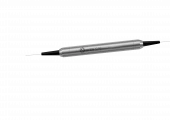Description
The High Power Polarization Insensitive Isolator, available in both PSSI and PDSI Series, stands as a beacon of technological advancement in the realm of fiber optic components. Crafted with meticulous precision and adherence to Telcordia standards, this isolator boasts a revolutionary design that eliminates epoxy from its optical path, thereby enhancing its capacity to handle high power levels with unparalleled efficiency and reliability.
At the heart of this cutting-edge device lies a commitment to excellence, ensuring that it delivers exceptional performance, steadfast reliability, and remarkable cost-effectiveness. Whether deployed in Erbium-Doped Fiber Amplifiers (EDFAs), fiber lasers, transmitters, or other fiber optics communication systems, the High Power Polarization Insensitive Isolator remains a cornerstone of modern telecommunications and industrial applications.
Engineered to suppress back reflection and back scattering, this isolator ensures the seamless transmission of optical signals across a broad spectrum of wavelengths. Its versatility, combined with its robust construction, makes it the preferred choice for demanding environments where signal integrity and system efficiency are paramount.
1310/1480/1550nm 10W High Power Polarization Insensitive Isolator (PSSI and PDSI Series)
Specifications
| Type Of The Device: | Isolator |
|---|---|
| Operating Wavelength: | 1310 nm |
| Max Power: | 0.3 W |
| Min Isolation: | 28 dB |
| Center Wavelength (λc): | 1310, 1480, 1550 nm |
| Max. Optical Power (Continuous Wave): | 10 W |
| Max. Peak Power For Ns Pulse: | 10 kW |
Features
- Designed and manufactured according to Telcordia standards, ensuring compliance with industry-leading quality benchmarks
- Unique epoxy-free optical path design enhances high power handling capability, enabling seamless integration into high-performance fiber optic systems
- Exceptional performance, reliability, and cost-effectiveness make it an ideal choice for various applications in fiber optic communication
- Wide-ranging applications include use in EDFAs, fiber lasers, transmitters, and other fiber optic communication systems
- Effectively suppresses back reflection and back scattering, ensuring optimal signal quality and system efficiency
Applications
- Erbium-Doped Fiber Amplifiers (EDFAs): Utilized for amplifying optical signals in fiber optic communication systems
- Fiber Lasers: Used for various applications including material processing, telecommunications, and medical devices
- Transmitters: Essential components in fiber optic communication systems for transmitting data signals over long distances
- Fiber Optic Communication Systems: Deployed in telecommunications networks, data centers, and industrial applications for transmitting and receiving optical signals
- Industrial and Scientific Applications: Suitable for a wide range of industrial and scientific applications requiring high power handling and signal suppression capabilities
Frequently Asked Questions
What wavelengths does the isolator support?
What is the maximum power handling capacity of the isolator?
Does the isolator exhibit any polarization-dependent effects?
What is the temperature operating range of the isolator?
Does the isolator come with different grades?
What connector types and fiber jackets are available for the isolator?
Similar Products




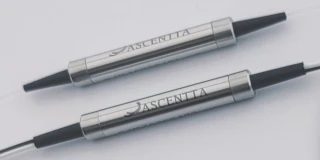

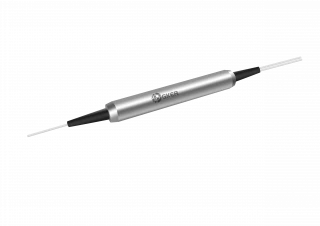
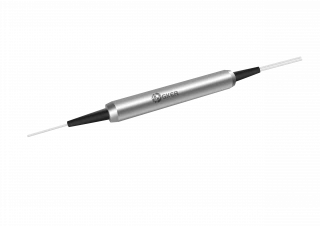
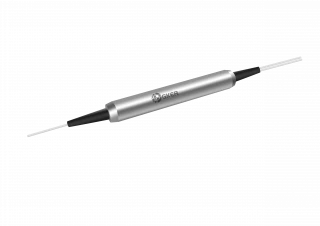
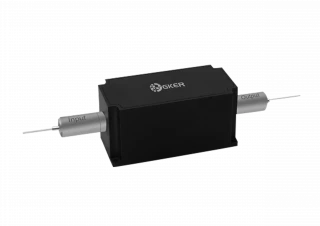
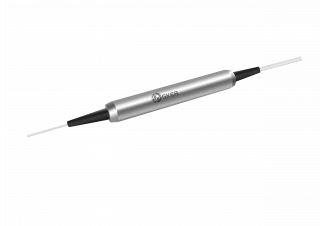
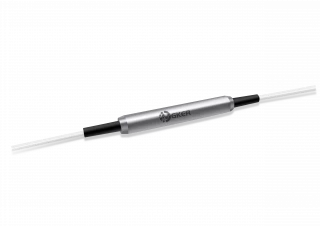
Your inquiry has been received.
Create an account by adding a password
Why create an account?
- Auto-complete inquiry forms
- View and manage all your past messages
- Save products to your favorites
- Close your account anytime — no hassle
